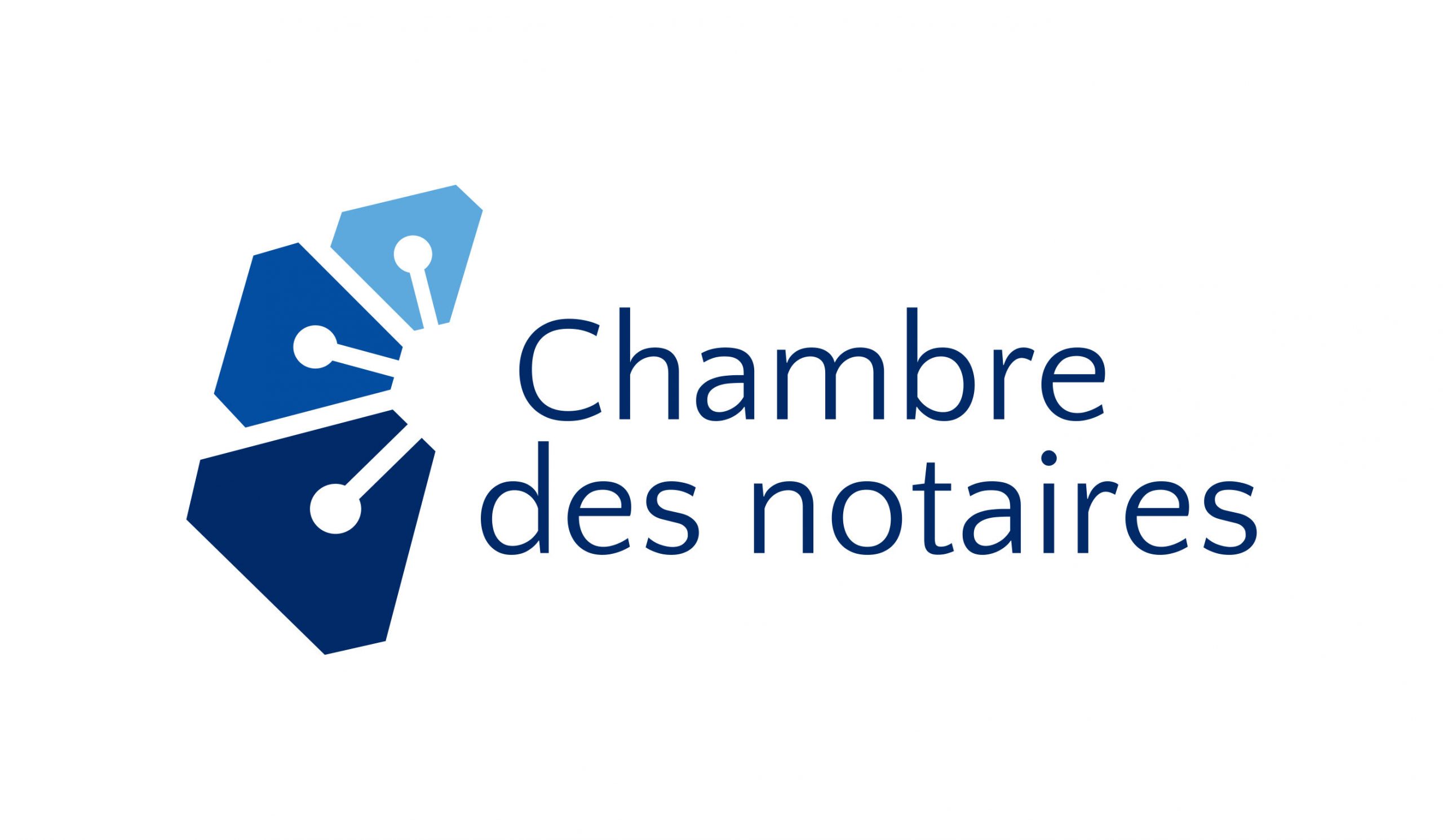
I'm selling my house: who will pay the notary fees?

Have you sold your home at a good price? Congratulations! But who's going to pay the notary fees associated with this transaction? Here are a few explanations.
When you sell a piece of land, a house or a condo, the notary acts for you as well as for the buyer. In effect, the notary is doing work for both parties, and each will have to pay the fees associated with the verifications carried out on their own behalf. But who chooses the notary? The buyer or the seller? In principle, it depends on the agreement between the parties. For example, the seller of a house may want his notary to handle the transaction. In this case, the notary's name appears on the offer to purchase. If the buyer signs this document, he or she will be presumed to have accepted the conditions set out therein, and will be bound by them.
In the absence of such an agreement, a distinction must be made. If the buyer pays the purchase price in full - with a mortgage or his own money - the choice is his. On the other hand, if the purchase price is not paid in full, and a balance must be paid by the buyer to the seller, then the latter may choose the notary.
Who pays for what?
In practice, the promise to purchase will determine who is responsible for paying the costs of the property purchase. Failing agreement, the buyer will pay the transaction fees to the notary he has chosen to prepare the file. As a result, the buyer will be responsible for the fees associated with the notarized contract of sale, publication costs, copies of the deed and title examination. However, the seller may be required to pay a fee for services other than those provided by the buyer.
In a real estate transaction, the seller is obliged to provide the buyer with clear title deeds. The notary will carry out the necessary verifications, at the seller's expense.
Mortgage write-off
If the seller has taken out a mortgage loan to purchase the property, and there is still a balance to pay, the notary must ensure that the loan is repaid in full in order to proceed with the sale. The notary will reimburse the seller's lender from the proceeds of the sale and obtain the cancellation of the seller's mortgage guarantee, which he will then publish in the Land Register. The seller will have to pay the notary's fees to prepare and obtain this cancellation.
Verification of tax payments
The notary must also ensure that all municipal and school taxes have been paid by the vendor by obtaining official tax statements from the municipality, and pay the balance due, if applicable. The notary is also entitled to charge a fee for carrying out this verification and making the necessary tax payments.
Examples of fees that the seller may also have to pay :
- Obtain statement of account from seller's mortgagee, repayment of loan balance, preparation of deed of cancellation and publication in the Land Register;
- Obtain municipal, school and water tax statements;
- Obtain a statement of charges for a condominium;
- Obtaining title insurance;
- Preparation of the new mandatory form by the Land Registry;
- Transfer of funds;
- Proxy preparation;
- Trust fund holdback including holdback agreement and management;
- Bridge-loan;
- Meeting deferred from that of the buyer at the seller's request;
- Declaration of transfer of a property;
- Regularization of title defects, etc.
The seller must also reimburse the notary for any out-of-pocket expenses incurred on his behalf, including :
- Cost of publishing the deed of cancellation in the Land Register;
- Fees for official municipal and school tax statements;
- Cost of obtaining a statement of condominium charges;
- Title insurance premium;
- Bank transfer fees for payment of real estate broker, certificate of location, tax arrears;
- Management fees for trust accounting performed for the seller;
- Copies of deeds;
- Courier charges, etc.
Keep in mind that the notary's bill includes fees, disbursements and taxes (GST and QST).
How to estimate the fees to be paid
To find out about the fees associated with a service (such as selling or buying a house, or settling an estate), simply contact your notary.
He'll ask you a few questions to get a clear idea of your needs, and analyze the complexity of the case and the time he'll need to devote to it. The notary will then send you his assessment. Note that this may be revised if the situation so requires, but the notary will advise you beforehand. The notary may also suggest that you sign a fee agreement or professional mandate detailing the services to be rendered and the related fees. This document constitutes an agreement between you and your notary.
Disagreement on fees?
If you feel that the fees charged by the notary are unjustified, you can submit a request to the Chambre des notaires' fee account conciliation service.




